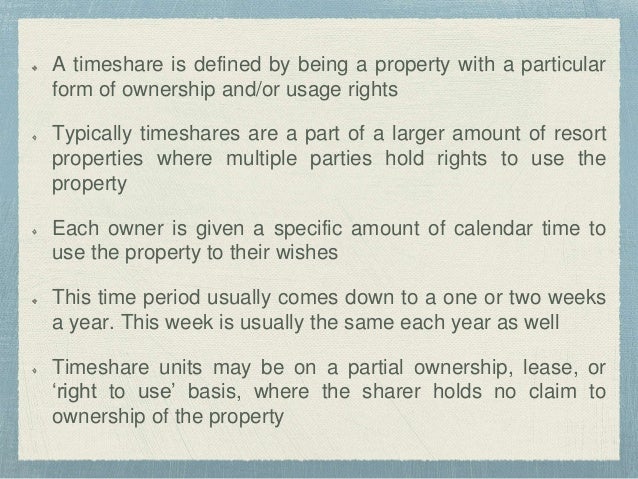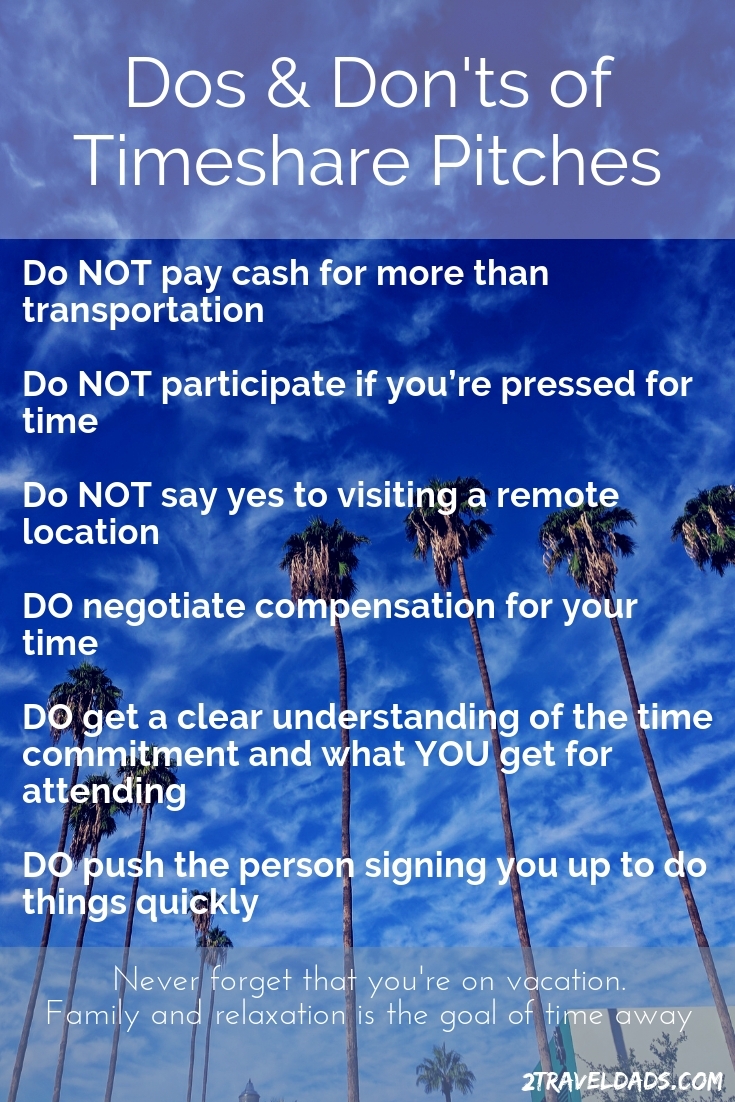In 2017, annual upkeep costs averaged $980 however can be in the thousands if your timeshare is high-end in its location and size.2 And it worsens. The costs aren't fixedthey increase a couple of percent every year! So, the value of your timeshare doesn't increase, but the expense of preserving it does? That's no fun, and it actually takes the shine off any timeshare holiday - what is a timeshare exit company. So, your neighbor just got back from an amazing summertime break in the Caribbean. You 'd like your household to trip there too, however there's one problem: Your timeshare remains in Mexico, which leaves you racked with timeshare guilt.
What if you do choose to skip a year at that Mexican timeshare? You still need to pay those pesky maintenance fees, whether you like it or not! That's a thousand dollars or so that could have approached scheduling your trip to the Caribbean. Instead of purchasing a timeshare, you might reserve a resort or rental at a various destination every year. And even if you choose the very same place every year, a timeshare stuck in the very same place might indicate you're losing out on a new resort down the road with even much better views and centers (and no annual fees)! If you do decide to skip vacationing at your timeshare one year and wish to rent it to somebody else, bewareit's challenging! Timeshare companies aren't keen on customers renting their timeshares to strangers.
And if they do, there are rules and limitations in place. You'll pay a charge, and the company might take a commission from you. Why? Due to the fact that they are contending against you to rent their own inventory! You'll likewise pay a cleansing cost when your visitor has actually left. And you'll be charged a cost if the guest causes damage to the home. It's clear, when you have actually paid these fees and commissions, you won't see much in the method of lease. This is all presuming someone actually wishes to lease your timeshare. If it's not in a popular destination, you might find it tough to create interest! If you have actually paid money for your timeshare, that money is basically gone in regards to you ever wishing to get any of it back.
The Basic Principles Of What Happens When You Fall Behind On Your Timeshare
This is your cue to run for the hills! Why? Because a timeshare isn't like a regular home, so the loan on it isn't like your regular home mortgage, either. Home loan companies know how timeshares lose their worth nearly immediately upon sale, so they're not lining up to provide people the cash to buy them! Unique timeshare home mortgages include much higher rates of interest than routine home mortgages. And that's a lot more of your money you won't see again.

A timeshare, in streamlined terms, describes a plan in which a number of joint owners can utilize a getaway residential or commercial property during an allotted time period (often the exact same week every year) - timeshare technology to show what x amount of points get someone. Timeshares are usually specific systems, condominiums, or villas found on at a specific "house" resort home. When you own a vacation home, you are the sole owner of a physical property that you can go to at your leisure, 365 days a year, but you also pay for the complete value of the home along with the cost of year-round maintenance. With a timeshare, you own an allocated quantity of "time" during which you have access to your resort accommodations, and the amount you pay for ownership and maintenance is proportionally less.
Residential or commercial property with a specific type of ownership or usage rights Barnsdale Hall Hotel (UK) timeshare lodges. On the premises of the Finest Western Hotel are a variety of timber A-frame chalets. A timeshare (in some cases called holiday ownership) is a home with a divided type of ownership or use rights. These residential or commercial properties are typically resort condominium systems, in which multiple celebrations hold rights to use the residential or commercial property, and each owner of the same accommodation is allotted their duration of time. Units might be offered as a partial ownership, lease, or "right to utilize", in which case the latter holds no claim to ownership of the residential or commercial property.
A Biased View of In Which Case Does The Timeshare Owner Relinquish Use Rights Of Their Alloted Time

The term "timeshare" was coined in the UK in the early 1960s, expanding on a vacation system that became popular after World War II. Villa sharing, likewise understood as holiday home sharing, involved four European households that would acquire a getaway home collectively, each having unique use of the home for one of the 4 seasons. They rotated seasons each year, so each family enjoyed the prime seasons equally. This idea was primarily utilized by associated households since joint ownership needs trust and no property supervisor was involved. Nevertheless, few households trip for a whole https://webhitlist.com/profiles/blogs/how-to-sell-rci-timeshare-fundamentals-explained season at a time; so the villa sharing residential or commercial properties were frequently uninhabited for long periods.
It took nearly a decade for timeshares in Europe to progress into an efficiently run, successful, business endeavor. The very first timeshare in the United States was started in 1974 by Caribbean International Corporation (CIC), based in Fort Lauderdale, Florida. It offered what it called a 25-year holiday license rather than ownership. The company owned two other resorts the trip license holder could alternate their trip weeks with: one in St. Croix and one in St. Thomas; both in the U.S. Virgin Islands. The Virgin Islands homes started their timeshare sales in 1973. The agreement was basic and uncomplicated: The business, CIC, guaranteed to preserve and supply the specified accommodation type (a studio, one bedroom, or 2 bed room unit) for usage by the "license owner" for a duration of 25 years (from 1974 to 1999, for instance) in the specified season and number of weeks agreed upon, with only two extra charges: a $15.
The contract had a $25. 00 switching cost, must the licensee choose to utilize their time at one of the other resorts. The contract was based upon the truth that the expense of the license, and the little per diem, compared with the predicted increase in the cost of hotel rates over 25 years third party stories for timeshare to over $100. 00 per night, would save the license owner numerous trip dollars over the span of the license arrangement. Between 1974 and jessica rowland duke 1999, in the United States, inflation increased the current expense of the per diem to $52. 00, verifying the cost savings presumption.
The Facts About How To Buy A Wyndham Timeshare Revealed
The only terms was that the $15. 00 daily needs to be paid every year whether the system was occupied or not. This "must be paid annual fee" would end up being the roots of what is understood today as "upkeep fees", once the Florida Department of Realty became associated with managing timeshares. The timeshare principle in the United States stood out of numerous entrepreneurs due to the enormous profits to be made by offering the same room 52 times to 52 different owners at a typical price in 19741976 of $3,500. 00 per week. Shortly afterwards, the Florida Property Commission stepped in, enacting legislation to manage Florida timeshares, and make them cost basic ownership deals.